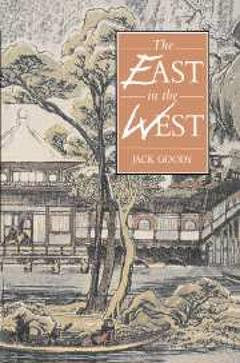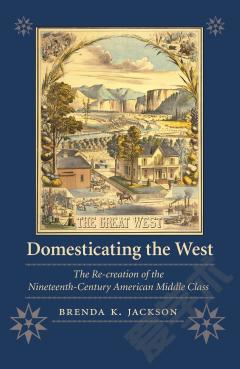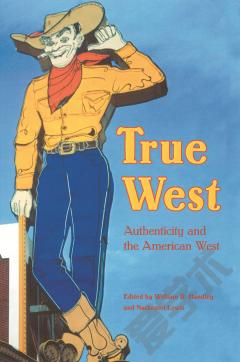Rhizomatic West
Is the American West in Sergio Leone's spaghetti westerns the same American West we find in Douglas Coupland's Generation X? In Jim Jarmusch's movies? In Calexico's music? Or is the American West, as this book tells us, a constantly moving, mutating idea within a complex global culture? And what, precisely (or better yet, imprecisely) does it mean? Using Gilles Deleuze and Felix Guattari's concept of the rhizome, Neil Campbell shows how the West (or west-ness) continually breaks away from a mainstream notion of American rootedness and renews and transforms itself in various cultural forms. A region long traversed by various transient peoples (from tribes and conquerors to immigrants, traders, and trappers), the West reflects a mythic quest for settlement, permanence, and synthesis-even notions of a national or global identity-at odds with its rootless history, culture, and nature. Crossing the concept of roots with routes, this book shows how notions of the West-in representations ranging from literature and film to photography, music, and architectural theory-give expression to ideas about identity, nationhood, and belonging in a world increasingly defined by movement across time and borders. The Rhizomatic West offers a new vision of the American West as a hybrid, performative space, a staging place for myriad intersecting and constantly changing identities.
{{comment.content}}








 京公网安备 11010802027623号
京公网安备 11010802027623号